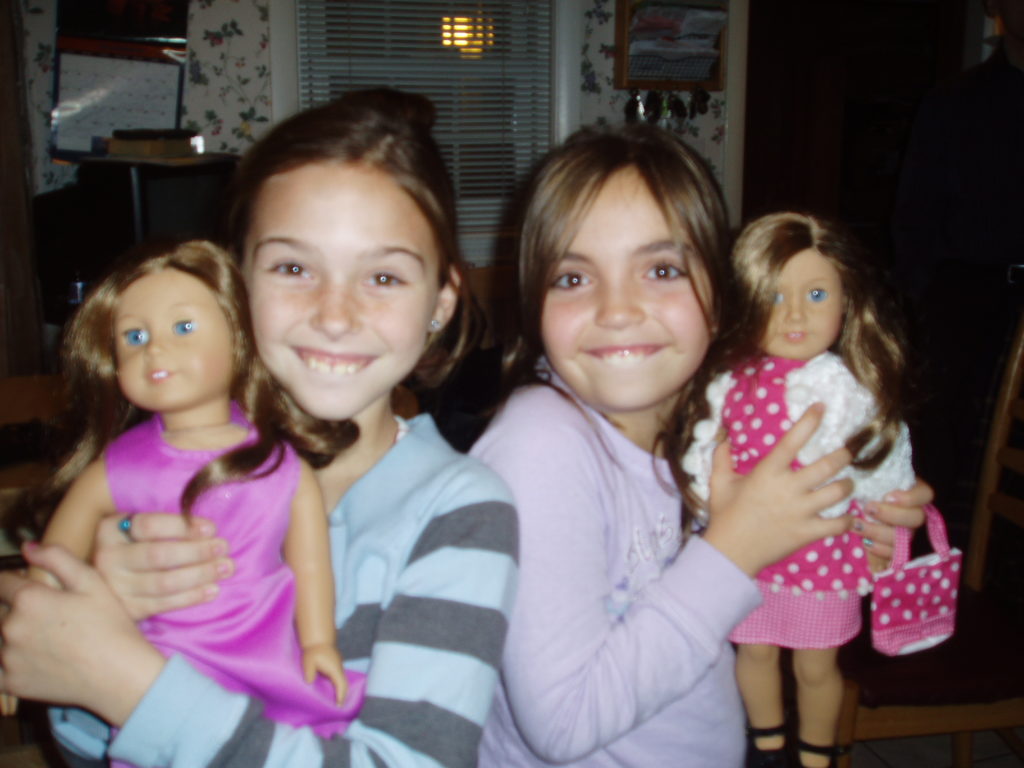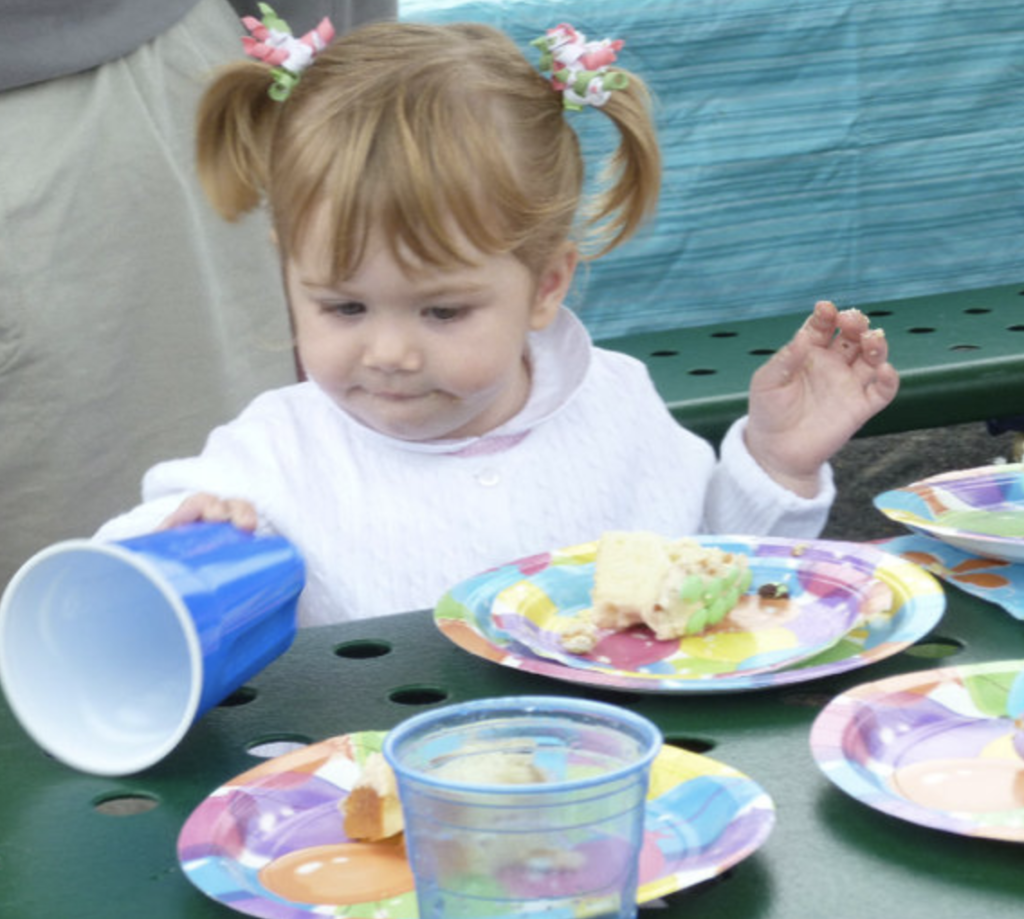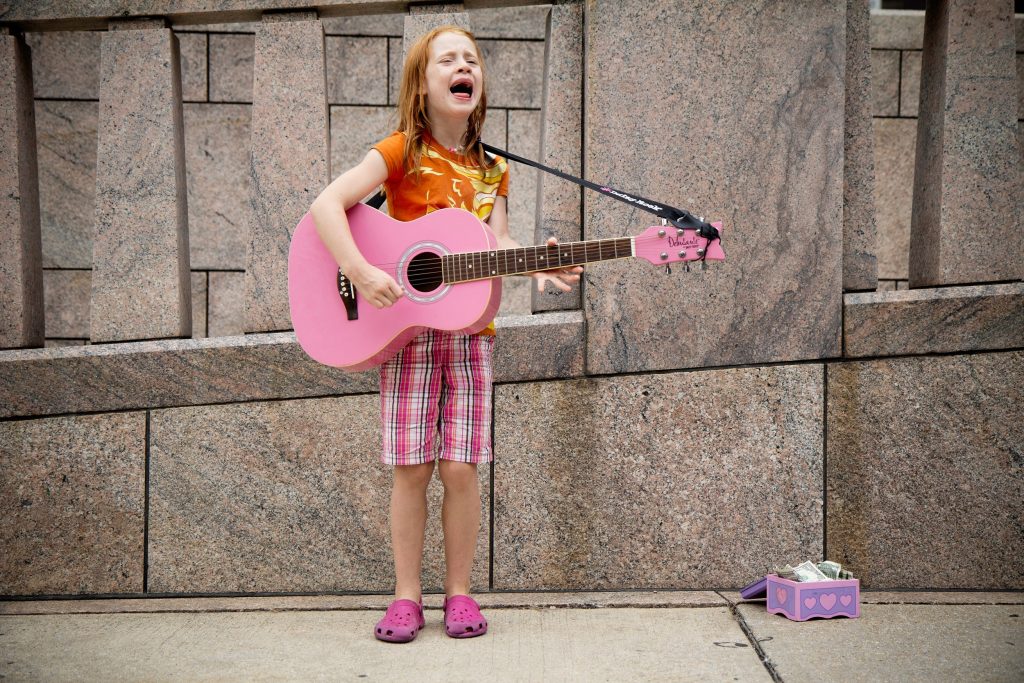How to Balance Your Child’s Behavior and Your Role
How is your child’s behavior now that school is back.. well, sort of back?
Are things moving along smoothly?
Is your child, tween or teen excited to be back in school, yet not spending time downtime with friends?
Does your child or teen prefer his phone to in-person friends, misses the coach’s clear annoyance, or abruptly stops a conversation and walks away?
How to Balance Your Child’s Behavior and Your Role
As a parent, are you caught in the middle, trying to balance your own emotions about her poor behavior while also recognizing the potential trauma that the pandemic may have induced?
It can be embarrassing, but how do you stop it? It is important to realize some children don’t have the perspective or ability to see how others interpret their actions and behaviors. Their intentions are good, but they don’t really know how to tune in and “walk in the other person’s shoes.” When feeling bored, overwhelmed, hungry or tired a child or teen can unintentionally forget social rules and without meaning to, come across as uncaring and bad mannered.
Fix Your Child’s Behavior or Wait?

Our tendency as parents is to jump right in and fix it. The key is to understand that if your child could do better, they would do better. Your child is not trying to annoy you or embarrass you. He is struggling and does not have the skills to meet your expectations.
Should you just sit back and excuse the behavior? Certainly not! Your child may not read ordinary social cues and respond appropriately. This is an area that will be an ongoing challenge but also an opportunity to learn the practical problem-solving skills needed to adapt, engage, learn, and thrive as a social being.
One major skill that we all need to get along with others is to step into their shoes, think about how our behavior impacts our friends and to adapt our behavior to make sure we are considering the feelings of others.
This skill of stepping into someone else’s shoes is called theory of mind. The problem is that the child does not have the ability to read the minds of others cannot hear or notice that their tone, misguided humor, or abrupt subject changes may come across as rude and outright mean.
Teaching children theory of mind means helping the child to consider others’ point of view, perspectives, desires, motives, and intentions. To do this effectively, parents will learn to use open questions and to develop this key skill.
Walk In Someone Else’s Shoes
Your goal is to help your child recognize that you and others have feelings about his actions and that those feelings affect how people react to him.
Ask Open-ended questions – encourage your child to talk and problem solve. Who, what, when, where, and how. Open questions allow your child to hold the mirror up to his behavior and to hear his own assessment. They also make it easier to have the conversation since you are not interrogating him, you are curious.
Ask, “How do you think I feel when you correct me?” Have him look at your face and interpret your feelings. No matter what the answer is, even if it’s a shrug and an, “I don’t know,” continue to ask him, “I am curious what made you look up the answer on your phone?” Give him the space to think about it. Keep your cool. This begins to help the child think about what the unspoken social rules were and what they are expected to do in the future. The questions help the child reflect on other people’s state of mind.
The open-ended question coaching technique walks the child through interpreting other people’s point of view to examine how their actions and behaviors affect others. Self-regulation and other coping skills may need to be practiced to help children put their best foot forward. The key is to help the child consider how they come across to those in their everyday interactions.
Focus on Your Child’s Strengths
When you identify your child’s strengths, interests, and brain-based processing style, it’s a game changer. It’s a journey, and consistency is the key. Find comfort in knowing that all children benefit from patient and nurturing. The open-ended questions technique is well suited to help children become more aware of how their behavior affects others.
Social Skills Resources
How Can I Get Through to My Kid That He Has to Stop Arguing with His Teachers



